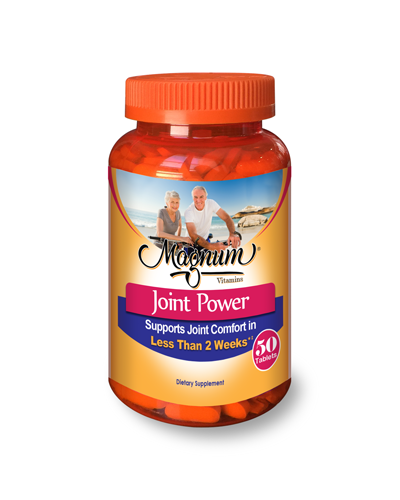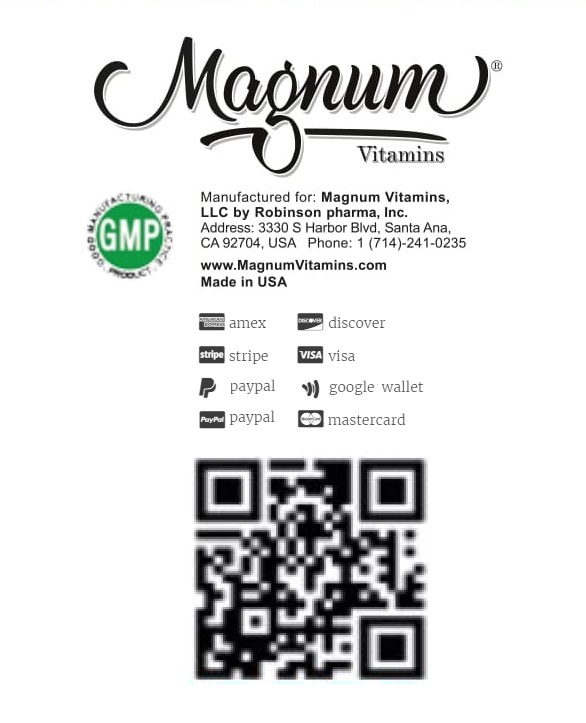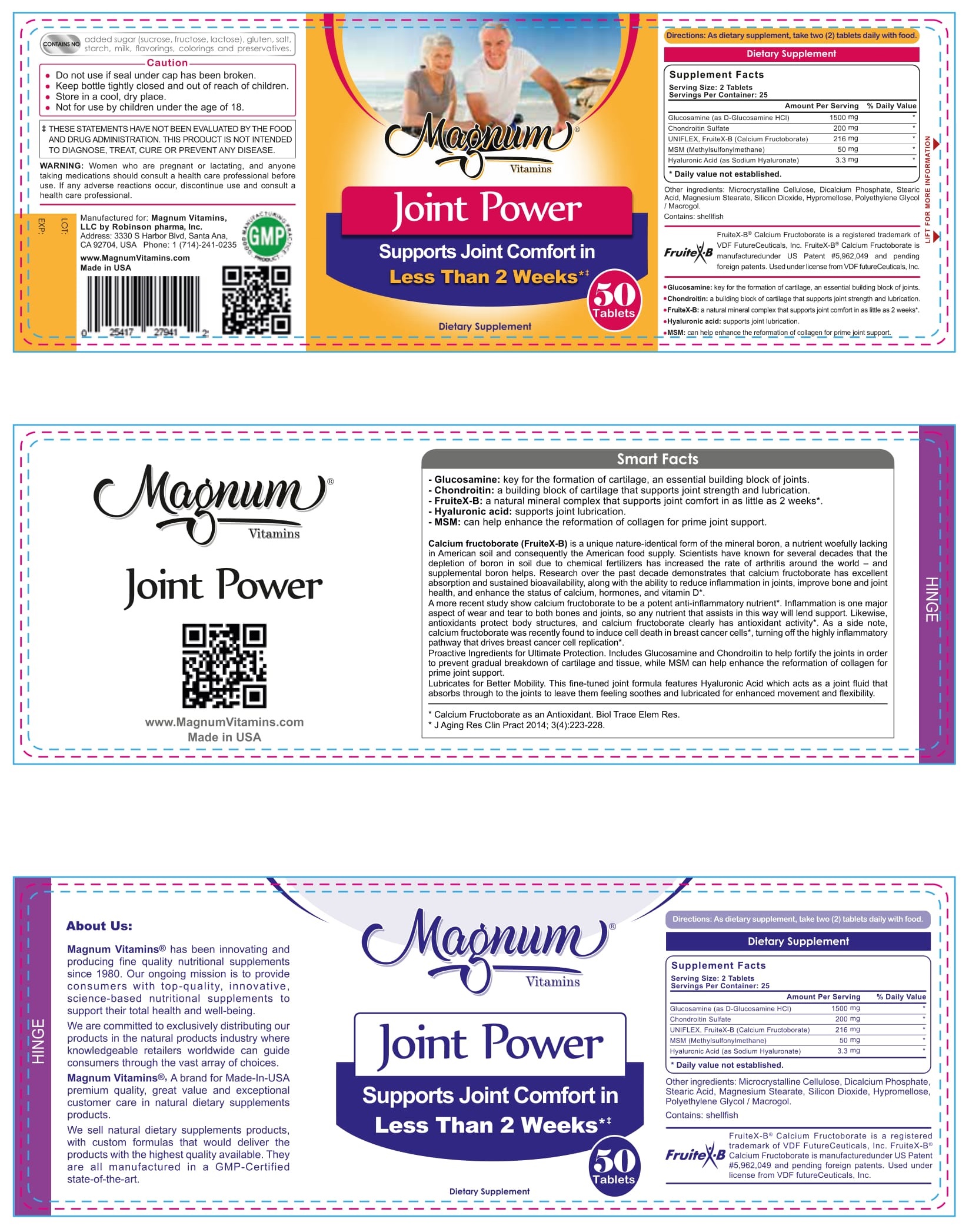Connect with Us :
- 1 (714)-241-0235
- [email protected]

JOINT POWER
Magnum Vitamins, Joint category


Browse The Product
:: JOINT POWER ::
Contains Product Extract, Quality, CAT, UPC, etc as below...
-
EXTRACT
Keep in mind that some ingredients found in dietary supplements are added to a growing number of foods, including breakfast cereals and beverages. As a result, you may be getting more of these ingredients than you think, and more might not be better. Taking more than you need is always more expensive and can also raise your risk of experiencing side effects. For example, getting too much vitamin A can cause headaches and liver damage, reduce bone strength, and cause birth defects. Excess iron causes nausea and vomiting and may damage the liver and other organs. Be cautious about taking dietary supplements if you are pregnant or nursing. Also, be careful about giving them (beyond a basic multivitamin/mineral product) to a child. Most dietary supplements have not been well tested for safety in pregnant women, nursing mothers, or children. If you suspect that you have had a serious reaction from a dietary supplement, let your health care provider know. He or she may report your experience to the FDA. You may also submit a report to the FDA by calling 800-FDA-1088 or completing a form onlineexternal link disclaimer.
-
QUALITY
Quality Dietary supplements are complex products. The FDA has established good manufacturing practices (GMPs) for dietary supplements to help ensure their identity, purity, strength, and composition. These GMPs are designed to prevent the inclusion of the wrong ingredient, the addition of too much or too little of an ingredient, the possibility of contamination, and the improper packaging and labeling of a product. The FDA periodically inspects facilities that manufacture dietary supplements. In addition, several independent organizations offer quality testing and allow products that pass these tests to display their seals of approval.

-
Product CAT: JOINT
-
Product UPC: 025417279412
Product More Details
FACTS





